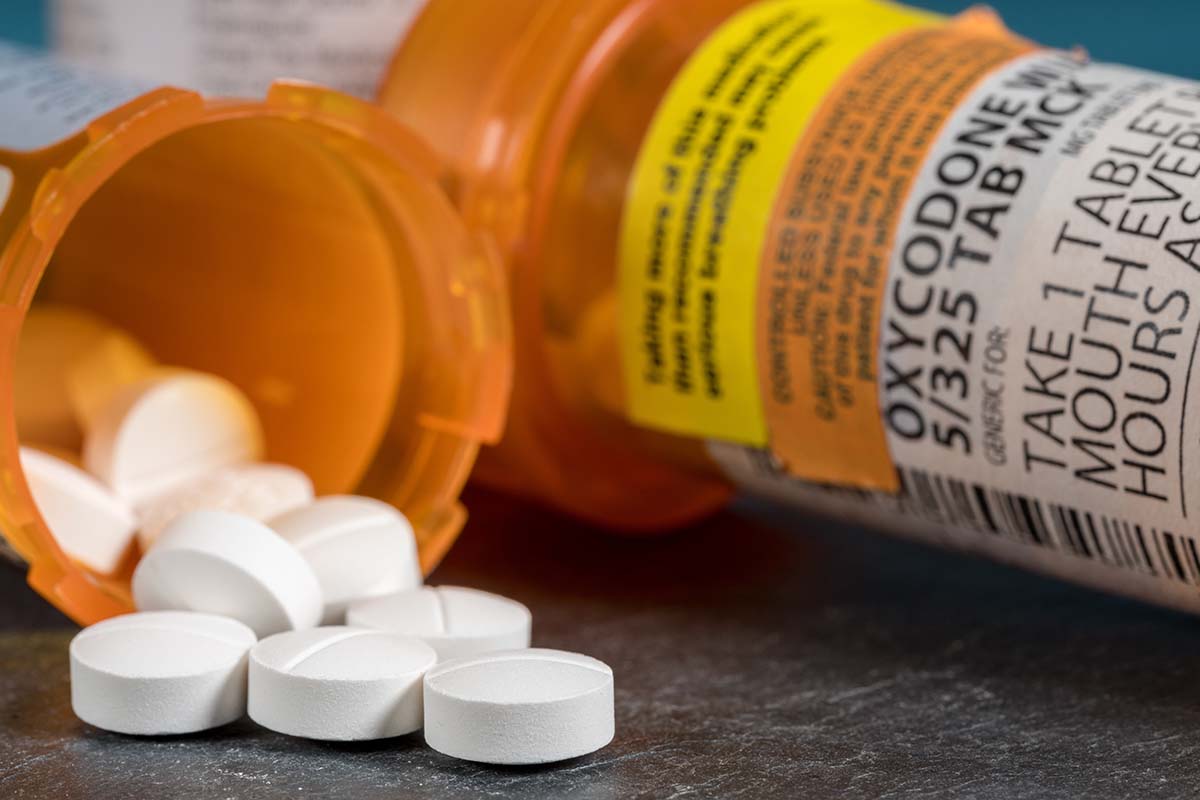We deliver to you every day from 7:00 to 23:00
The best discounts this week
Every week you can find the best discounts here.
Headache Medicine: The Best Treatments for Fast and Effective Relief
Headaches can be frustrating and disruptive, affecting work, sleep, and daily activities. Whether you suffer from tension headaches, migraines, or sinus headaches, the right headache medicine can provide quick relief.
In this guide, we’ll explore the best headache medications, natural remedies, and lifestyle tips to help you find the most effective solution for your pain.

1. Understanding Different Types of Headaches
Not all headaches are the same, and different types require different treatments.
1.1. Common Types of Headaches:
-
Tension Headaches: The most common type, caused by stress, muscle strain, or poor posture.
-
Migraines: Severe, throbbing pain often accompanied by nausea and light sensitivity.
-
Sinus Headaches: Caused by sinus infections, leading to pressure around the forehead and eyes.
-
Cluster Headaches: Intense pain occurring in cycles and affecting one side of the head.
Each type of headache requires specific medication and treatment, which we’ll discuss below.
2. Over-the-Counter (OTC) Headache Medicines
For most mild to moderate headaches, OTC medications provide fast and effective relief.
2.1. Acetaminophen (Tylenol, Paracetamol)
-
Best for tension headaches and general pain relief.
-
Gentle on the stomach but can harm the liver if overused.
-
Often combined with caffeine for stronger effects.
2.2. Non-Steroidal Anti-Inflammatory Drugs (NSAIDs)
NSAIDs help reduce inflammation and pain, making them great for tension and sinus headaches.
Common NSAIDs:
-
Ibuprofen (Advil, Motrin): Fast-acting pain relief.
-
Aspirin: Effective for headaches but should be used with caution.
-
Naproxen (Aleve): Longer-lasting relief, useful for chronic headaches.
Tip: Avoid NSAIDs on an empty stomach to prevent irritation.

2.3. Combination Headache Medicines
Some headache medications combine multiple ingredients for stronger relief.
-
Excedrin Migraine: Contains acetaminophen, aspirin, and caffeine.
-
Midol: Designed for menstrual headaches and includes pain relievers plus diuretics.
These combinations can be highly effective but should be used with caution.
3. Prescription Medications for Severe Headaches and Migraines
If OTC medications don’t work, a doctor may prescribe stronger treatments.
3.1. Triptans: Migraine-Specific Medications
Triptans work by narrowing blood vessels and reducing migraine symptoms.
Popular Triptans:
-
Sumatriptan (Imitrex)
-
Rizatriptan (Maxalt)
-
Zolmitriptan (Zomig)
These are effective but should not be overused, as they may cause rebound headaches.
3.2. Ergotamines
-
Used for chronic migraines that don’t respond to other medications.
-
Can cause side effects like nausea and should be used under medical supervision.
⚠ Warning: Prescription headache medications should only be taken when necessary to avoid dependency.

4. Natural Remedies for Headache Relief
If you prefer drug-free relief, these natural methods may help:
4.1. Herbal and Home Remedies
-
Peppermint Oil: Applied to the temples, it can reduce tension headaches.
-
Ginger Tea: Helps relieve migraine-related nausea.
-
Magnesium Supplements: Can prevent migraine attacks.
4.2. Hydration and Diet
-
Drink more water to prevent dehydration headaches.
-
Avoid processed foods that contain MSG, artificial sweeteners, or excessive sodium.
-
Eat magnesium-rich foods like almonds, spinach, and avocados.
4.3. Relaxation Techniques
-
Deep breathing & meditation reduce stress-induced headaches.
-
Yoga & stretching improve posture and muscle tension.
-
Cold & hot compresses provide immediate relief.

Fun Fact: Studies show that acupuncture can significantly reduce the frequency of migraine attacks.
5. How to Prevent Headaches Before They Start
Preventing headaches is often better than treating them. Here’s how:
-
Maintain a Regular Sleep Schedule – Lack of sleep can trigger migraines.
-
Limit Caffeine & Alcohol – Both can cause dehydration and headaches.
-
Manage Stress – Relaxation exercises can prevent tension headaches.
-
Monitor Your Diet – Some foods can trigger migraines (e.g., aged cheese, chocolate, processed meats).
Keep a headache diary to track triggers and patterns.
6. When to See a Doctor About Headaches
Headaches are usually harmless, but seek medical attention if:
-
You experience sudden, severe head pain (“thunderclap headache”).
-
Headaches occur more than 15 times per month.
-
The pain is worsening over time despite medication.
-
You have additional symptoms like vision changes, confusion, or numbness.
A doctor can identify underlying causes and recommend the best treatment plan.
Conclusion: Choosing the Best Headache Medicine
Finding the right headache medicine depends on the type of headache, its severity, and your overall health.
-
For mild headaches: OTC medications like acetaminophen and ibuprofen work well.
-
For migraines: Prescription triptans or ergotamines may be necessary.
-
For natural relief: Consider hydration, herbal remedies, and relaxation techniques.
If headaches persist or worsen, consult a doctor for a personalized treatment plan.
For automation tools that enhance your business efficiency, visit DUYTHIN.DIGITAL and discover advanced solutions for Facebook, Google SEO, Zalo, and more!
FAQs About Headache Medicine
1. What is the fastest way to get rid of a headache?
Drinking water, taking ibuprofen or acetaminophen, and resting in a dark room can provide quick relief.
2. Are migraines different from regular headaches?
Yes, migraines involve severe, throbbing pain and can include nausea and light sensitivity.
3. Can I take headache medicine every day?
Frequent use of painkillers can cause rebound headaches. If you need them daily, consult a doctor.
4. What are some natural ways to relieve headaches?
Try peppermint oil, magnesium supplements, proper hydration, and stress reduction techniques.
5. When should I worry about a headache?
Seek medical help if your headache is sudden, extremely painful, or accompanied by other symptoms like vision loss or confusion.
By understanding the best headache medicines and prevention strategies, you can take control of your pain and improve your quality of life! ♂️











